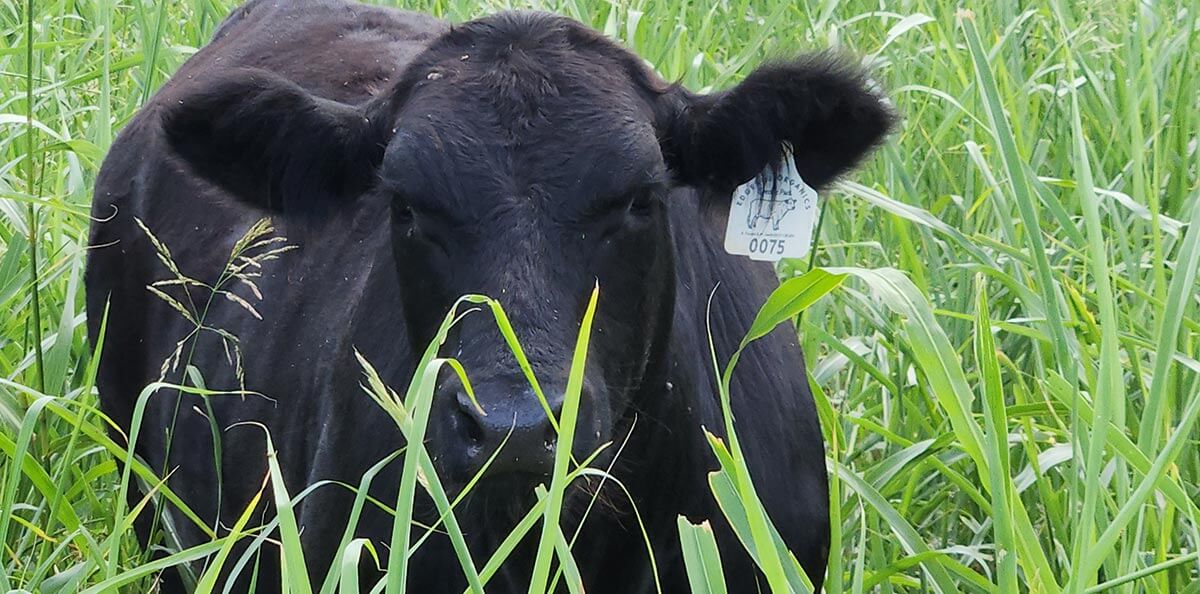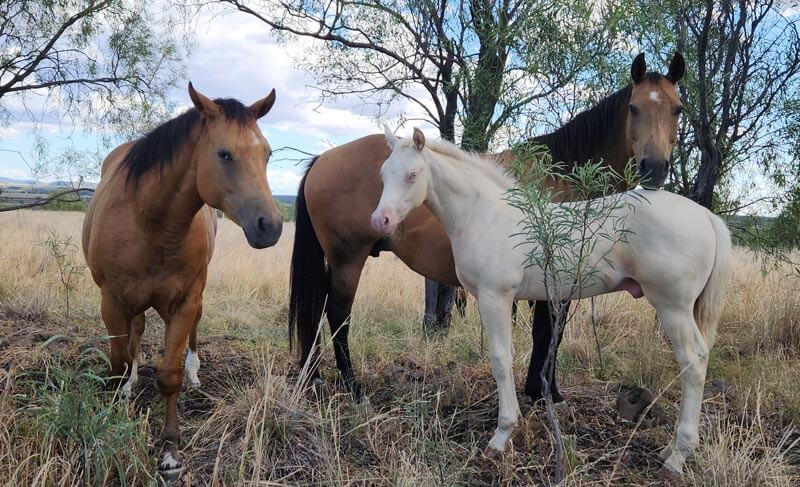Harmonising the cultivation of crops with the rearing of livestock to nurture biodiversity, enhance soil fertility, and create resilient, thriving agricultural ecosystems.

The roots of mixed farming stretch back centuries, embodying a traditional agricultural approach that integrates both plant and animal production. This time-tested practice forms the foundation for sustainable and resilient farming systems, a philosophy deeply ingrained in organic farming practices at Edgeroi Organics.
In the realm of organic farming, mixed farming practices play a pivotal role in enhancing overall sustainability and farm resilience. By cultivating crops alongside livestock rearing, mixed farming creates a dynamic ecosystem that fosters natural positive feedback cycles, reducing the dependency on external inputs.
A significant advantage of mixed farming lies in the utilisation of animal manure as a natural fertiliser for crops. This symbiotic relationship reduces the reliance on synthetic inputs, contributing to the fertility of the soil and promoting organic and sustainable farming practices.
One of the standout benefits of mixed farming in organic systems is its profound impact on biodiversity. The interaction between crops and livestock results in a balanced ecosystem, acting as a natural regulator for pests and diseases. This, in turn, reduces the need for synthetic inputs, aligning with the core principles of organic farming.
The interplay between crops and livestock at Eastgrove helps close nutrient cycles on the farm, creating a self-sustaining system. The synergy between crops, pastures, native bush and livestock is a testament to the interconnectedness of all elements on the farm.
